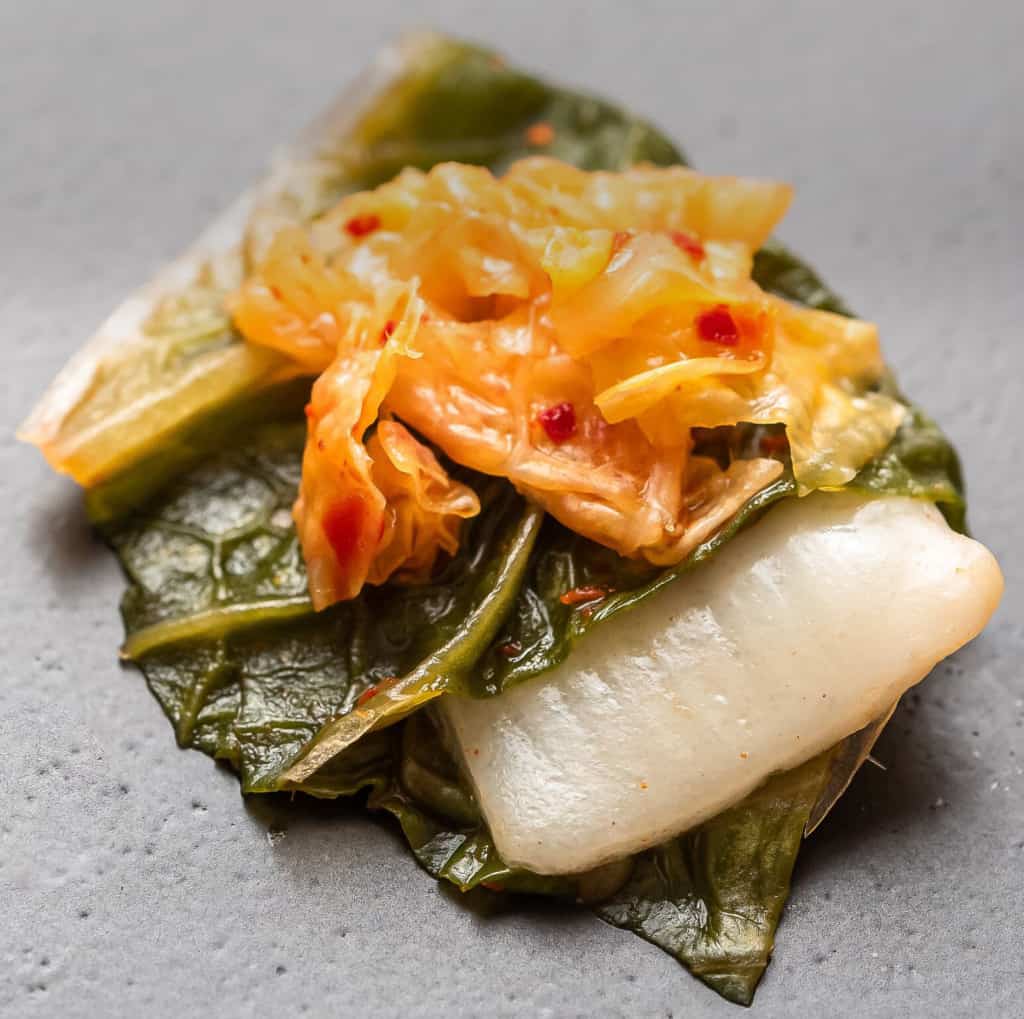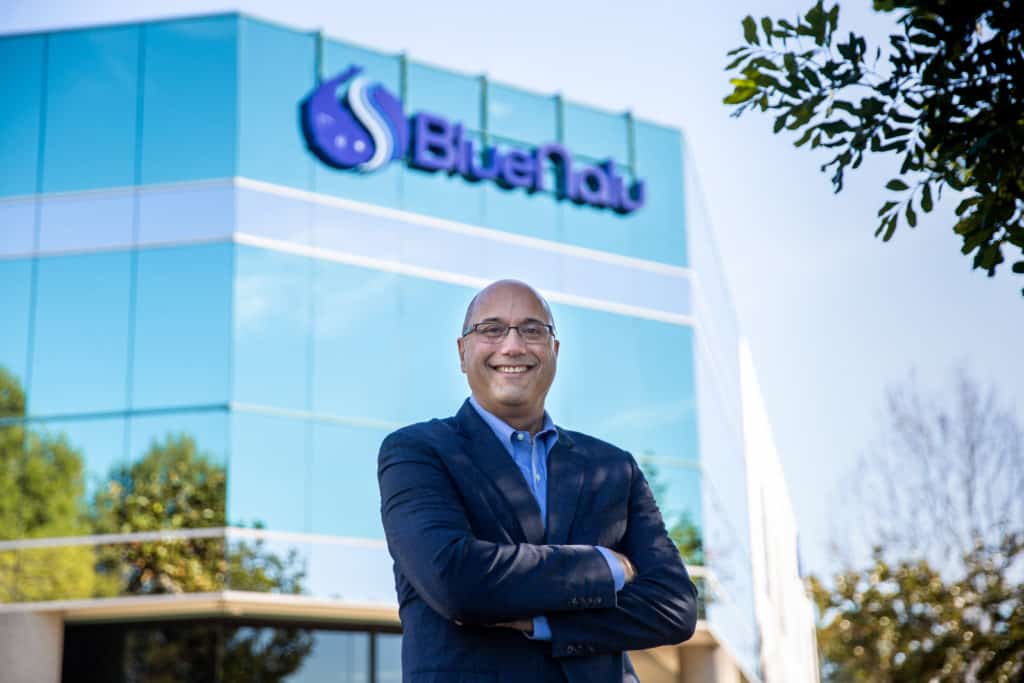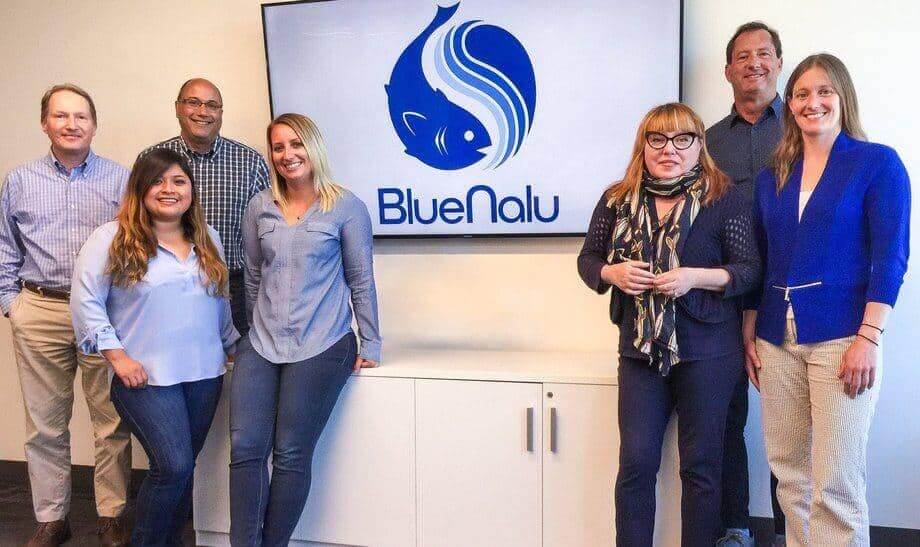Following its recent $60 million raise, cellular aquaculture specialist BlueNalu today announced a framework designed to achieve a premier standard of food safety, quality, and traceability for its cell-cultured seafood production, stating it is committed to pursuing third-party certification recognized by the international Global Food Safety Initiative (GFSI), such as the Safe Quality Food (SQF).
The company is set to launch its cell-cultured mahi-mahi, bluefin tuna and other species through small-scale market testing that will be produced at its nearly 40,000 sq. ft. pilot-scale food production facility in San Diego, and plans to break ground on its first large-scale, regional production facility in the next few years.

Leading the new initiatives at BlueNalu is Noreen Hobayan, MSc, PCQI, its director of quality assurance and regulatory affairs, who has over 25 years of diversified experience in worldwide quality systems, standards, and regulations for the food, pharmaceutical, and medical device industries. Noreen has established a robust quality systems framework for BlueNalu and over 100 procedures and policies designed to ensure product safety and supply chain transparency to prepare the company for both FDA regulatory inspection and third-party certification.
“BlueNalu aims to be a globally leading cell-cultured seafood producer, recognized for the highest caliber of safety, quality, and traceability,” said Lou Cooperhouse, president & CEO of BlueNalu. “Food quality and safety are core values at BlueNalu and it is especially important that we not only meet regulatory requirements, but also establish the highest standards to achieve trusted third-party certification. We are pleased to announce BlueNalu’s commitment to GFSI certification standards for our cell-cultured seafood.”

To aid in preparation for market entry and regulatory compliance, BlueNalu evaluated a number of top quality management solutions and selected TraceGains, a global leader in compliance, quality, and innovation software for food, beverage, and supplement companies. Their highly configurable system will streamline and strengthen BlueNalu’s regulatory compliance, allowing for quality control and safety data collection and review in a comprehensive electronic database while providing real-time insight into plant floor and quality operations. The adoption of TraceGains also represents BlueNalu’s shift from pharmaceutical-grade to food-grade sourcing of food-safe components – an important step towards cost reduction that the company anticipates will help it achieve price parity for its cell-cultured seafood products.
Elements of BlueNalu’s current quality systems framework include the following:
- Food Safety Culture: BlueNalu has expanded its Quality Assurance department and is fostering a strong food safety culture through structured trainings and assessments with measurable objectives and progressive goals.
- Quality Assurance Systems: BlueNalu has developed a robust quality assurance system based on GFSI benchmarking requirements. The programs include strong supplier quality management, validation master planning, prerequisite programs, and a comprehensive food safety plan combined with a seafood Hazard Analysis and Critical Control Point (HACCP) plan.
- Advanced Quality Control: The company is developing state of the art methods to verify the quality and safety of cell-cultured seafood. Testing will include traditional test methods as well as novel techniques to continuously evaluate the materials, processes and final product to ensure conformance to specifications, bioprocess control, and food safety.

- Tools and Analytics: Our documentation and traceability policies are designed to ensure materials, equipment and processes meet the highest possible standard. To facilitate compliance with regulatory and third-party certification requirements, BlueNalu will implement sophisticated software systems, including TraceGains, to monitor supplier performance, track and trend process data, manage documentation and training, and drive continuous improvement.
- Certifications and Claims: The company plans to pursue premier third-party certifications, like SQF, that are voluntary and recognized internationally by GFSI. The company also expects to seek additional third-party certifications to verify claims related to safety, sustainability and health.
“It’s imperative that we create a culture of food safety and put comprehensive systems in place to enable traceability of our supply chain. We’re committed to laying the groundwork early for a scalable, top-tier food safety and quality management system that we intend to replicate globally in markets that we enter,” said Hobayan. “By pursuing the highest caliber of safety, quality and traceability in our food production processes, we hope our commitment and leadership raises the industry standard for other companies in our category.”






